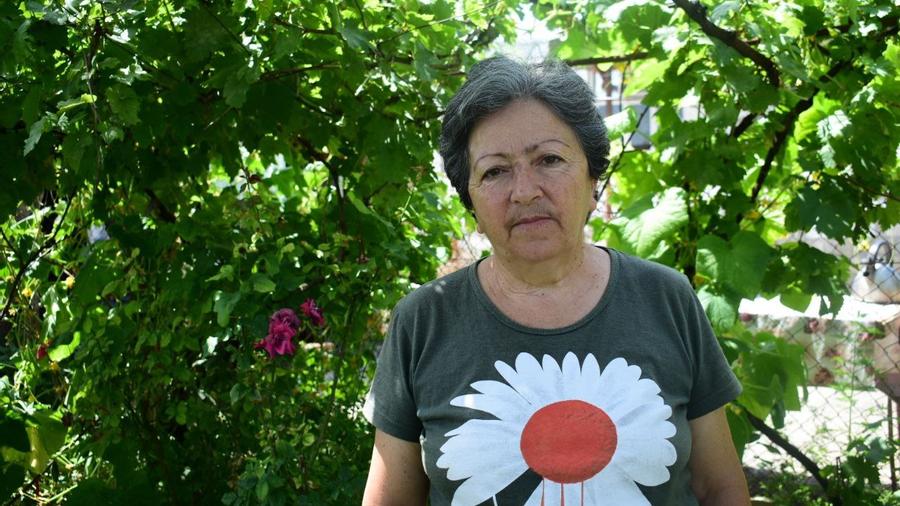
"So that our "bread" doesn't turn into "хлеб" (Russian for bread): Grandmother from Artsakh wants her grandchildren to grow up in the homeland
I enter the house of my neighbors to bid farewell as I'm moving from the village to Stepanakert. And I decide to record my conversation with Zabel, who was my grandmother in Artsakh for two years and the only woman who was allowed to get angry with me when I didn't eat well or didn't leave the house for days.
Zabella Adamyan is a resident of Mokhratagh village, Martakert region, Artsakh. Many years ago, following her marriage to Donik, she relocated here from the Zaglik community of the same region. She has three children, lives with her husband, son's family - three granddaughters.
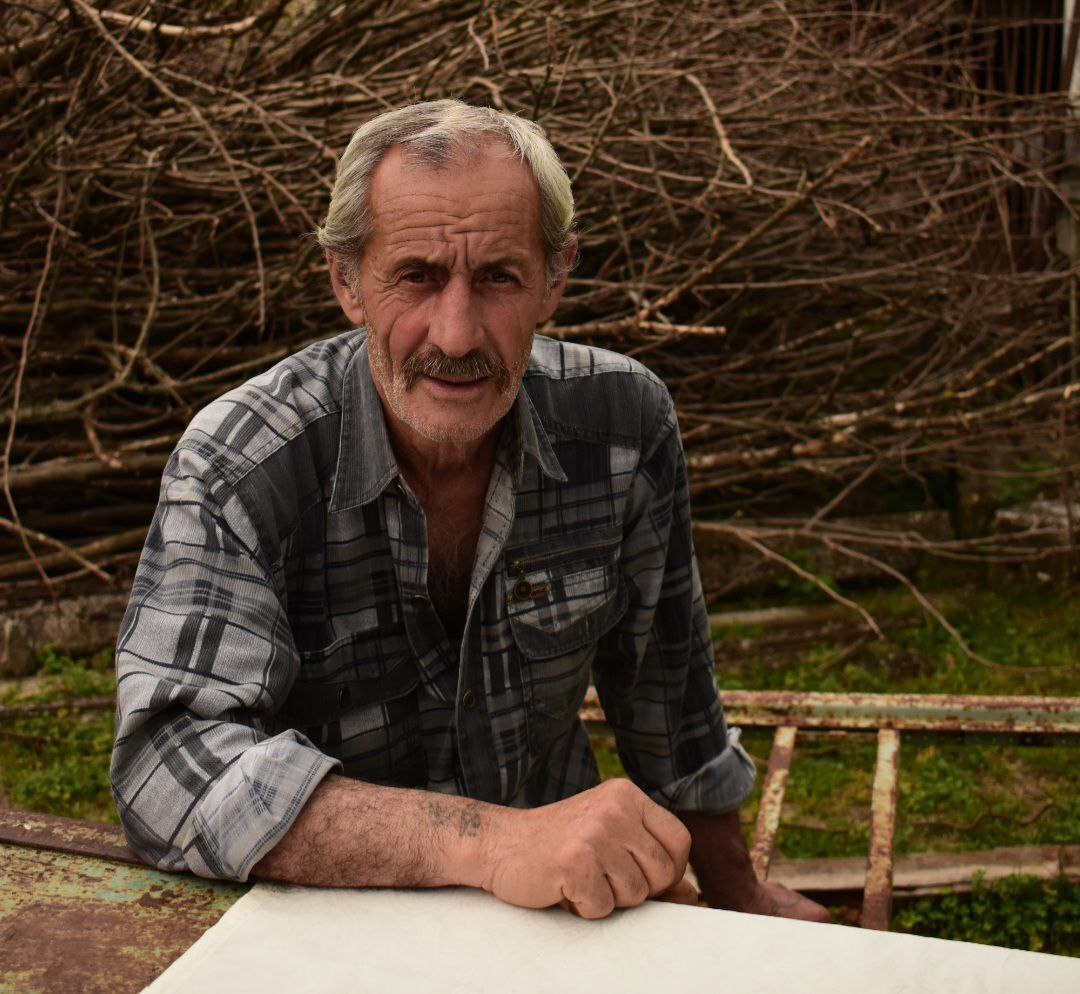
Donik, Zabella's husband
I enter the house the moment they are discussing how to get to Martakert to buy shoes for school-age grandchildren. There is no alternative to walking 8-9 km to the regional center, because they will not find a car, and there are only a few pairs of children's shoes left in the city, so they should buy them so that the girls won't be without new shoes come September. Zabella notes with pain that during the years when her children were the same age as her grandchildren now, it was the period of the first Artsakh war. Even if shoes could be found, they didn't have money to afford them. His children took turns wearing the same pair of shoes. Now, after all these years, when it seemed they had established a somewhat wealthy life, they have money but there are no shoes.
In terms of food, the situation is less extreme compared to Stepanakert.
"Thank God, currently our family is not facing the problem of starving. At one point we used our coupons to buy food, there is still some. Our small garden is full of vegetables: beans, potatoes, zucchini, greens. However, adults often refrain from eating to ensure there's enough for the children. We bought a kg of candy back then, and now we give one piece a day to children, we don't eat so that it lasts a little longer," says Zabella. She recalls facing numerous challenges in the past, where a single piece of candy had to be shared among three children. As a result, she's become more cautious and has saved some sweets to ensure her grandchildren don't experience the same hardships.
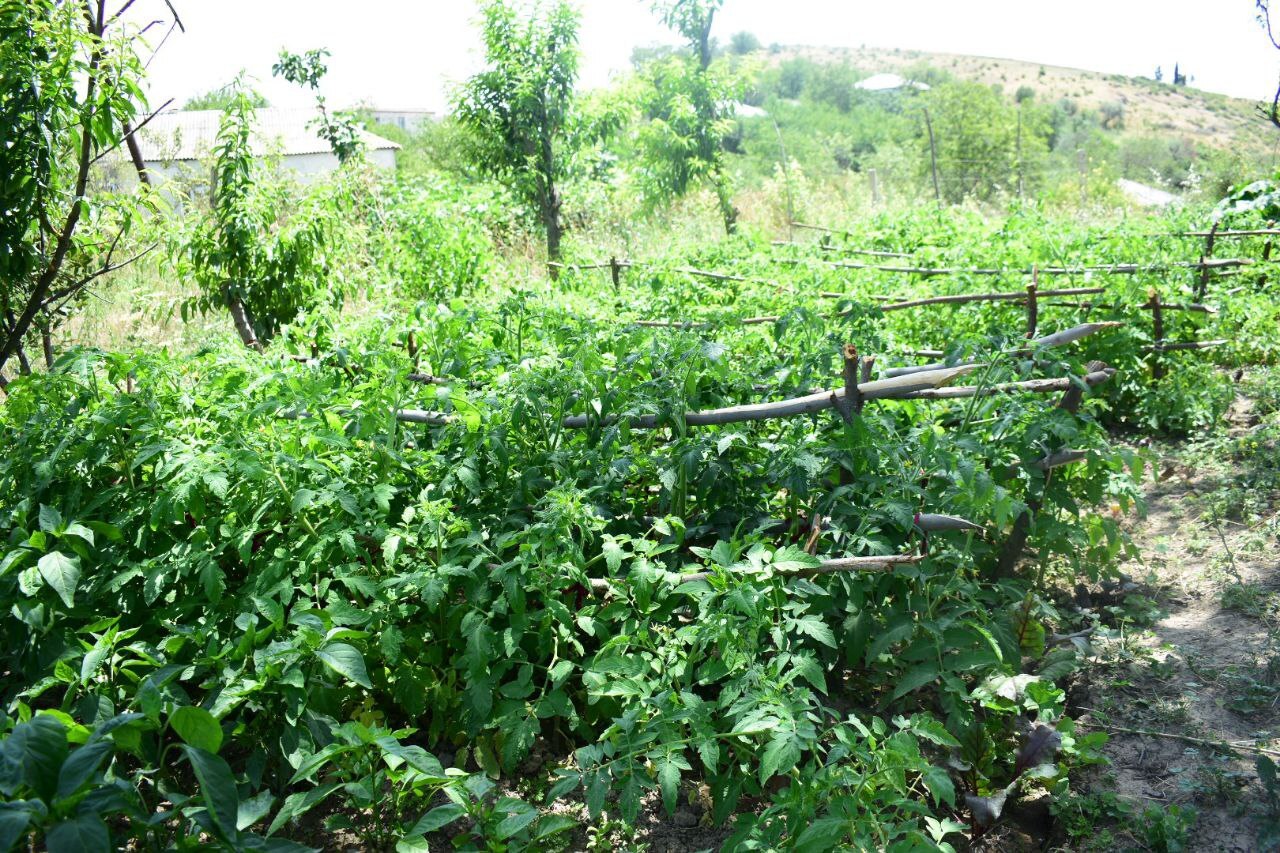
Zabella's yard
"It's a pity there is no fruit, we are short of fruits. There is none, because most of it came from Armenia, but whatever was growing here, a hailstorm swept away the entire harvest," she says.
As for her one-year-old granddaughter, due to the scarcity of baby food, she is mostly given what the rest of the family eats, or they slaughter a chicken and use the meat sparingly, reserving it mainly for the baby. Zabel notes with sadness that at times, her other granddaughters express a desire for meat soup, but they feel compelled to ensure there's enough left for their younger sister.
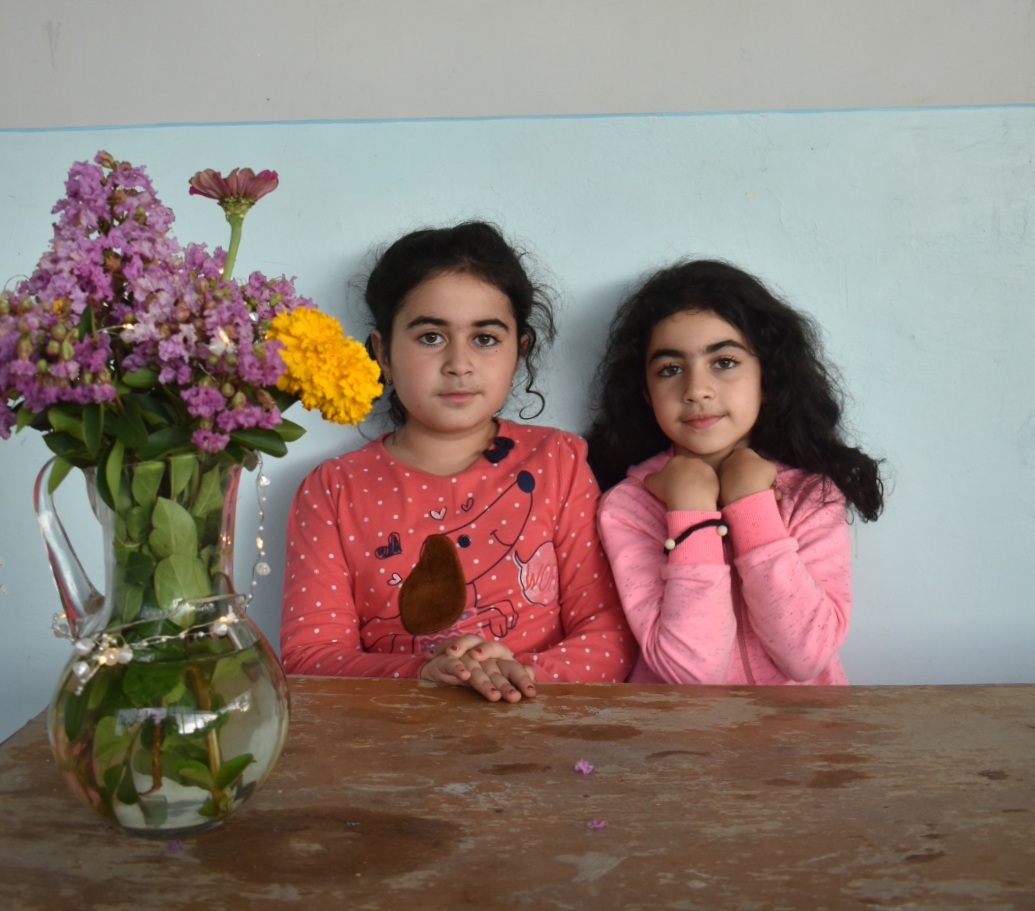
Zabella's granddaughters and my best friends, Mane and Meline
Azerbaijanis have never lived in Mokhratagh village, where my neighbor currently resides. The village was exclusively inhabited by Armenians. However, in her native Zaglik village, both Armenians and Azerbaijanis used to live alongside each other.
"Our village and a Turkish village, Umutlu, were an international community. A Turk would always be appointed as the leader, and the one carrying out all the heavy work would be an Armenian. Once, instead of my mother, we went to pick corn seeds. We worked quickly, we probably collected fifty kg in one day, and the Turks came with a mattress, sat down, and collected a handful of corn. At the end of the month, we see that the Turks have received more money than we did. We have always suffered in every way, whereas the good work was theirs," Zabella recalls, adding that the school was also international, where the director was a Turk, the military instructor, and the PE teacher were all Turks. They would not appoint Armenians.
"Our Armenian school was a single-story building with several small classrooms. Theirs was an adjacent, two-story big school. We would always feel the difference. We were not afraid of each other, at that time there was no such thing as being afraid of Turks, we lived with each other, but we have always felt that we were treated differently. For example, If an Armenian would offend a Turk, the next day they would either steal the livestock or harm your children at school, they would definitely do something," she says.
She does not deny that they were neighbors with Azerbaijanis, they had acquaintances who would visit for both joyous and somber occasions, but she also recalls this story: "In the 90s, a doctor from Haterk was kidnapped and taken away. And there they had clearly told him that on the day of the Armenian Genocide, they should take an Armenian's head and put it in front of their mullah. We were kids, and we would hear that an Armenian disappeared from time to time in different places, and, we did not know what was happening. Then women from Haterk kidnapped people from Omon, took Russians as "captives", and released that doctor. Later he told all this and that's how we learned what the Turks did."
She also remembers that it was especially difficult to deal with fanatical Muslims.
"We had a Turkish acquaintance, we went to his son's party, and my mom was supposed to be the cook. An old lady came and said they wouldn't eat a meal cooked by an Armenian. Mom said they should make their own meal then. But the younger generation was not like that. Although it was not customary for them to eat pork and fish, coming to our house, they would ask my mom to cook some fish."
I don't even manage to interrupt my beloved grandmother when she answers, preventing my expected question. "Not now, at present, living together is entirely impossible, and it's difficult to even envision. No integration, they only want our land, they don't want us. Living with them, being a part of them, is simply not feasible."
Zabella Adamyan holds onto the hope that they will remain in their homes and continue to be the rightful owners of their land. "There are people who are thinking about leaving, they sell their goods, and we buy them," she chuckles bitterly and notes that the children must not forget the language of Karabakh.
"In the 90s, when we had to flee, my children were around the same age as my grandchildren are now. While all our relatives went to Russia, I did not want my children's language to change. We stayed in Armenia and returned to Artsakh. In the same manner, I don't want my grandchildren to live elsewhere, so that... our bread doesn't turn into "хлеб" (Russian for bread)," concludes my beloved babo (grandma) from Artsakh.
Astghik Keshishyan

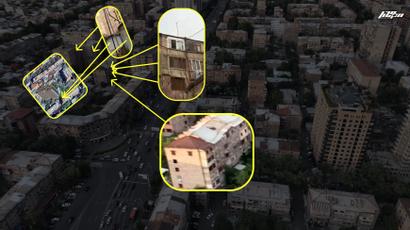
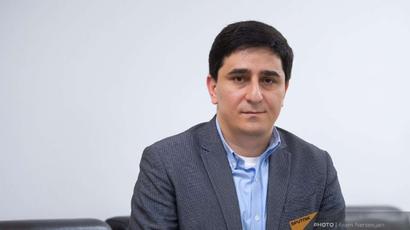
!["The fact of Artsakh not being part of Azerbaijan is of greater importance than concerns about food." [Blockade from the inside]](https://cdn.infocom.am/enlarge?file=2023-08-04-3e113b85-6b81-4589-b241-11323a00de2b.jpg&type=jpeg&width=410&height=230)

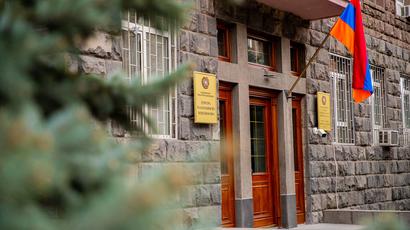
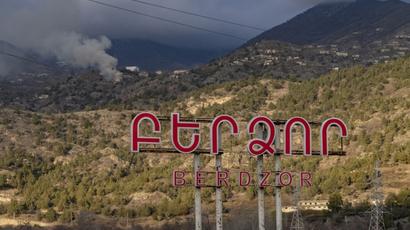
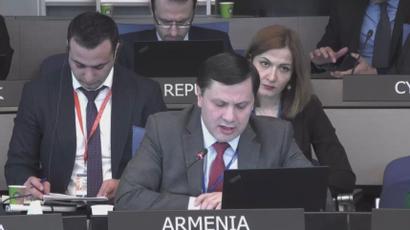
comment.count (0)